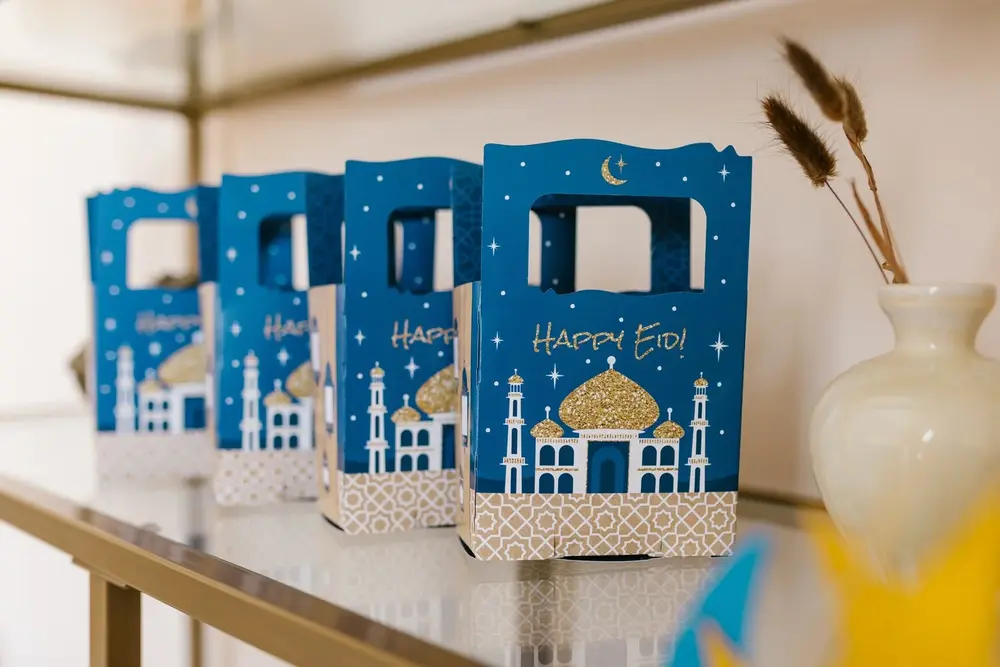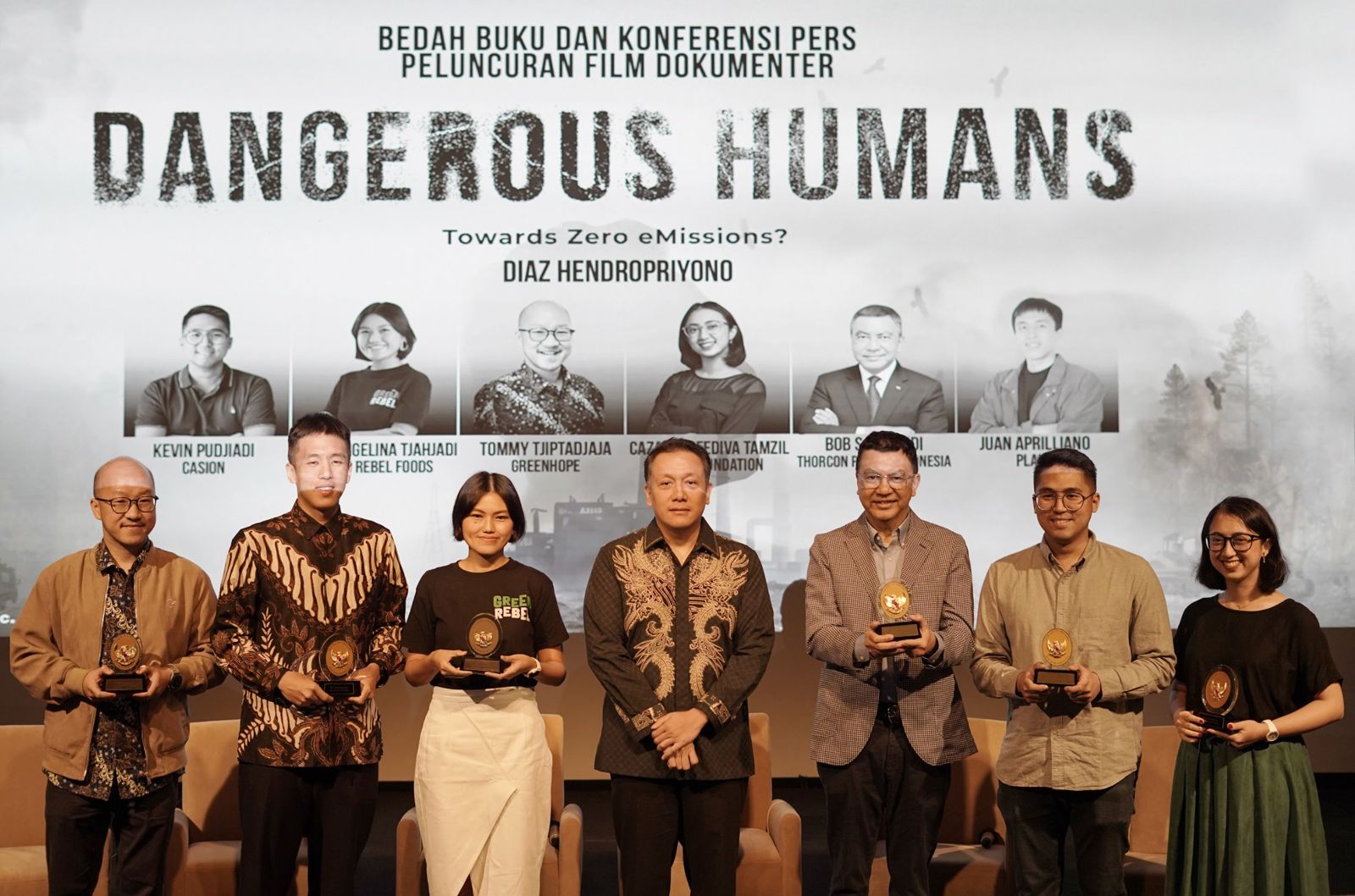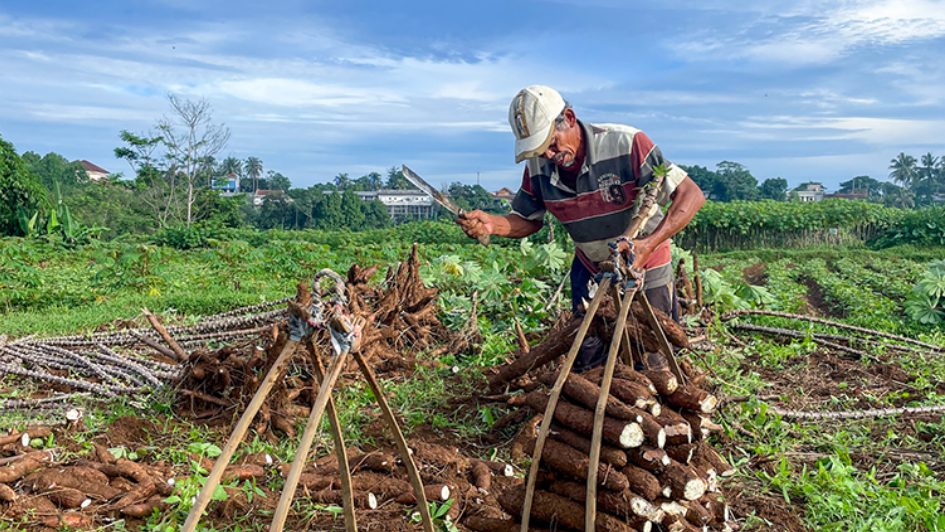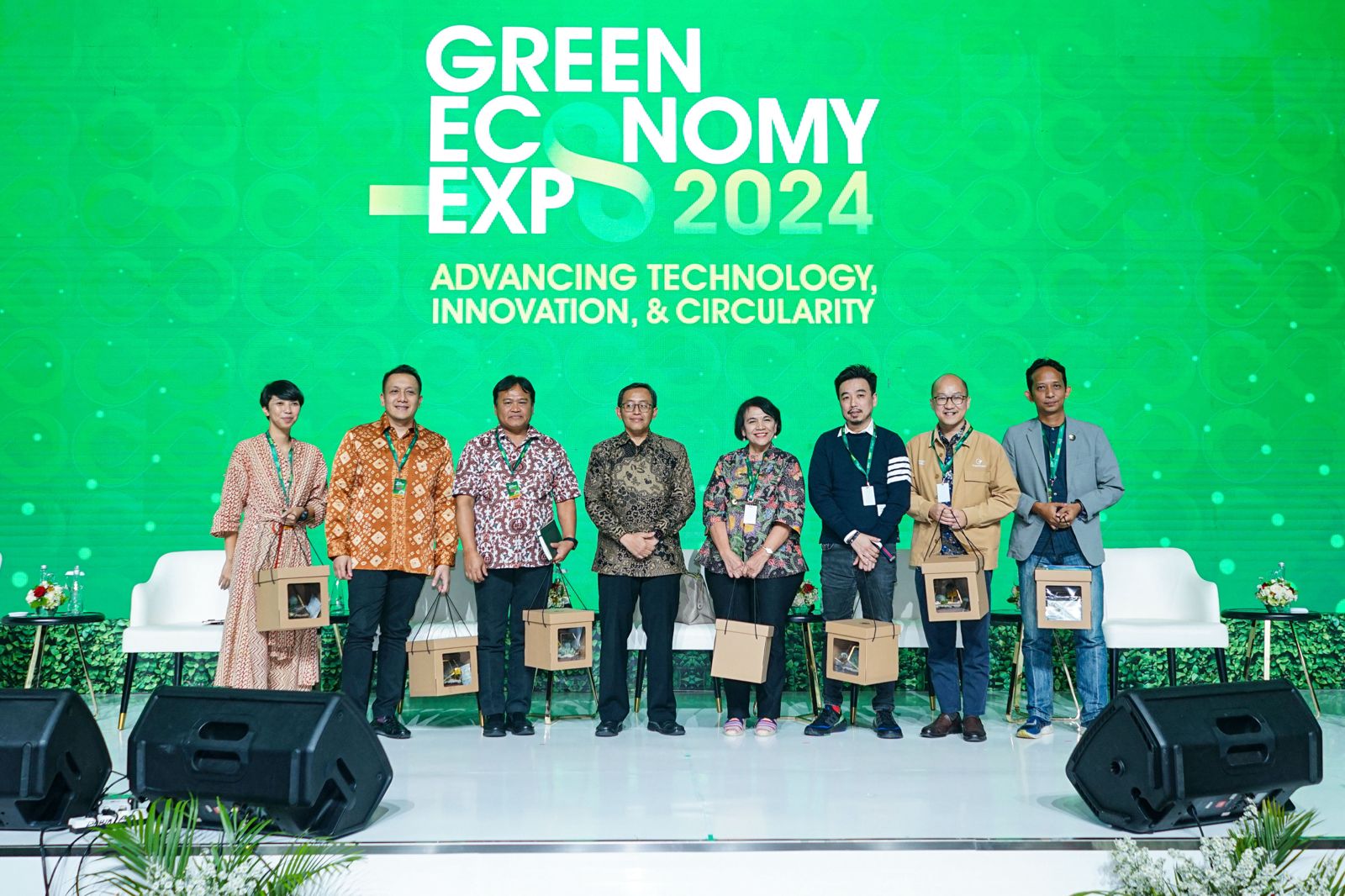Harmonious Eid Mubarak: 4 Easy Tips For A Greener & More Sustainable Eid
Thursday, 29 April 2021
Jakarta, 29 April 2021 - In Ramadan, Muslims worldwide seek unlimited holy blessings to cease and worship Allah SWT. A delighted Eid Day was celebrated to reward the journey of supplications and efforts during the month of Ramadan. It remains incomplete if Eid is not wished for the whole universe to be filled with pleasures, smiles, colors, love, sympathies, good feelings, joys, and peace.
QS. Al-A’raf Verse 31 Allah SWT says which meaning: “O children of Adam, take your adornment at every masjid, and eat and drink, but be not excessive. Indeed, He likes not those who commit excess.”
Thus, a Muslim can still celebrate Idul Fitri fully but must not be extravagant in consuming food, clothes, and other resources.
Here, we will give you easy tips on celebrating Eid’s day in a more sustainable, non-harming-the-environment way:
-
Bring your own prayer rugs.
Every year, the mosque’s yard turns into mountains of used newspapers right after the Eid prayer, as people do not pick up and properly dispose the newspapers used to avoid direct contact between the soil and their prayer rugs. To prevent this, you can simply bring your own sanitized prayer rugs to reduce the paper waste, and it will be more beneficial, especially in the Covid-19 pandemic, to making sure you and your family safe.
-
Take what you can finish.
During Eid’s day, it is often found plenty of unfinished opor ayam and rendang plates. Visiting relatives door-to-door day-by-day and enjoying the feast makes food wastes increase on Eid significantly way. While one of the essentials of Eid is to be grateful for what we have, we can simply enjoy Eid’s food sufficiently, put enough food on our plates, take what we can finish. We know it’s hard to resist ketupat, semur, sambal goreng ati with its chopped potatoes, but we all strive to a greener earth, don’t we?
-
“Baju lama, Alhamdulillah”
On Eid’s day, the terms “Baju baru, Alhamdulillah” mean you could be grateful for purchasing new clothes to celebrate Eid Fitr. Many often buy lots of new clothes that they don’t need. Some of us would wear their Eid clothes only once, never to wear them again. This high consumption of Eid clothes can be harmful to the environment because the clothing industry, especially the fast-fashion kind, requires massive amounts of energy and water, produces plenty of pollutants, and often creates waste problems. We can simply use last year’s Eid clothes or any proper clean clothes to celebrate the holy day. It is our sincerity and willingness that counts on Eid, regardless of what we wear.
-
Slay your best tableware
Fast-moving exchanging guests that come and go to your house on Eid sometimes lead you to use single-use pieces of stuff; water cups, plates, THR wrapper, etc. This could lead to unnecessary waste, especially plastics, that will be bad for the environment. It is best for you to present your best tablewares to the guest finally. These tablewares could be reused and lasted for a long time until next year’s Eid. This could save you money and could bring you the sustainability of the greener earth that you want.
There are a few other tips of living sustainably, not explicitly tied to Eid. For example, when we leave the house to pray in the mosque don’t forget to turn off the lights and unplug cables of unused equipment from the switch. And since the pandemic isn’t over yet, make sure to keep maintaining the Covid-19 Health Protocol when in public. Last but not least, a Muslim should also protect and preserve the environment, as exemplified by Prophet Muhammad SAW. Happy Eid Mubarak!
Source: https://akurat.co/tafsir-qs-al-baqarah-ayat-30-tugas-utama-manusia-diciptakan-di-muka-bumi
https://wri-indonesia.org/en/blog/greener-idul-fitri



